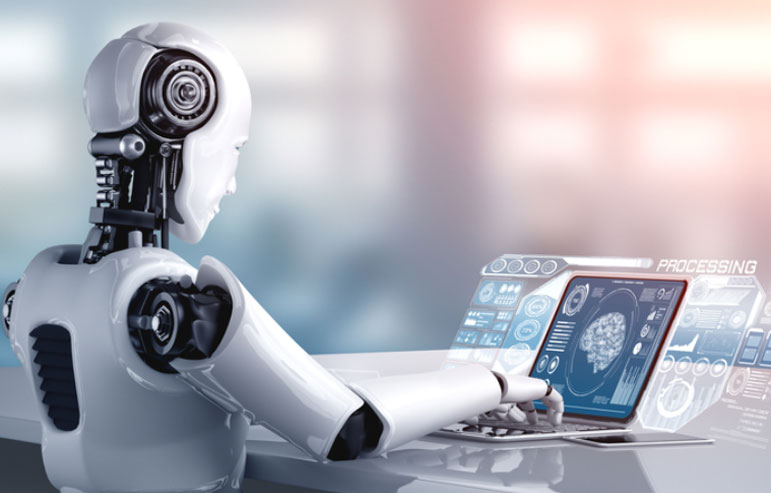Artificial Intelligence: Revolutionizing the Future
Table of Contents
- Introduction
- The Evolution of Artificial Intelligence
- Understanding AI: Machine Learning and Deep Learning
- Applications of Artificial Intelligence
- AI in Healthcare
- AI in Finance
- AI in Manufacturing
- AI in Transportation
- AI in Entertainment
- Ethical Considerations in AI
- The Future of Artificial Intelligence
- Conclusion
Introduction
The phrase "artificial intelligence," or simply "AI," has gained widespread usage in today's technologically advanced society. It alludes to the creation of computer systems that are capable of carrying out operations that ordinarily demand for human intelligence. The emergence of AI as a transformational force has altered several sectors and the course of human history.
The Evolution of Artificial Intelligence
Since the middle of the 20th century, AI has had a long and rich history. From the early theories of artificial intelligence put out by pioneers like Alan Turing and John McCarthy to the most recent developments, the subject has experienced extraordinary growth. This section explores the significant turning points and discoveries that helped create modern AI.
Understanding AI: Machine Learning and Deep Learning
The ideas of machine learning (ML) and deep learning (DL) are at the heart of artificial intelligence. These branches of AI provide machines the ability to learn from data and develop over time. The algorithms, training procedures, and practical applications of ML and DL are thoroughly explained in this section.
Applications of Artificial Intelligence
A number of industries are quickly integrating AI, resulting in developments that have never been seen before. The various uses of AI in fields like healthcare, banking, manufacturing, transportation, and entertainment are examined in this section. We demonstrate how AI is promoting innovation and streamlining procedures in several fields through real-world examples.
AI in Healthcare
By enabling early disease detection, individualized treatment, and effective data analysis, AI is changing healthcare. The effects of AI on patient care, medical imaging, drug discovery, and healthcare administration systems are covered in this subsection.
AI in Finance
The financial sector uses AI to improve customer service, algorithmic trading, risk assessment, and fraud detection. In this part, we examine how AI-powered financial solutions are altering the financial landscape to improve efficiency and security.
AI in Manufacturing
By speeding production, enhancing quality control, and boosting supply chain management, AI is revolutionizing the industrial industry. This section examines how incorporating AI into robotics, preventative maintenance, and smart manufacturing might boost output and cut costs.
AI in Transportation
Through developments in driverless vehicles, traffic management systems, and predictive maintenance, the transportation industry is gaining from AI. The effect of AI on sustainable, safe, and efficient transportation is highlighted in this subsection.
AI in Entertainment
AI is making its mark in the entertainment industry, revolutionizing content creation, recommendation systems, and immersive experiences. This subsection uncovers how AI is shaping the way we consume and interact with entertainment media.
Ethical Considerations in AI
With the rapid advancement of AI, ethical considerations are becoming increasingly important. This section explores the ethical challenges posed by AI, including bias in algorithms, privacy concerns, and job displacement. It emphasizes the need for responsible AI development and deployment.
The Future of Artificial Intelligence
As AI continues to evolve, its future holds immense possibilities. This section discusses the potential advancements in AI, including explainable AI, quantum computing, and human-machine collaboration. It also speculates on the societal and economic impact of AI in the coming years.
Conclusion
As a ground-breaking technology, artificial intelligence is revolutionizing industries and influencing our future. AI's uses span a wide range of industries, including manufacturing, banking, healthcare, and transportation. To enable responsible and effective AI integration, ethical issues are still essential. It's crucial to work toward a balance between technological development and societal well-being as we embrace AI's promise.
















0 Comments